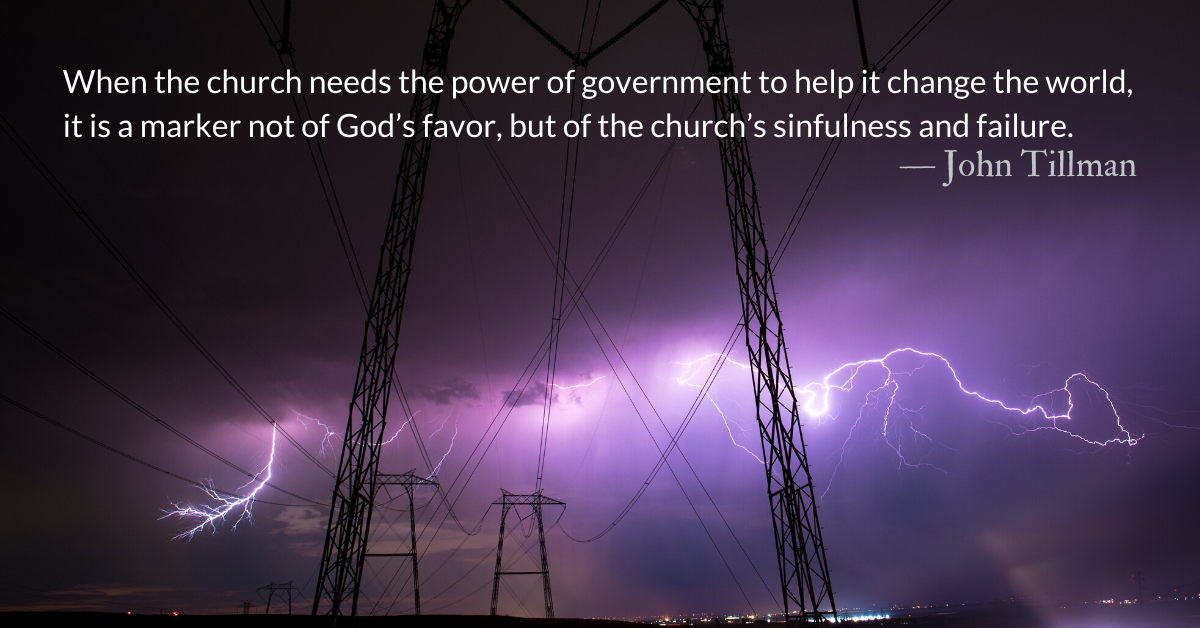Scripture Focus: Ezra 7:10
10 For Ezra had devoted himself to the study and observance of the Law of the Lord, and to teaching its decrees and laws in Israel.
Luke 1:42-44
42 In a loud voice she exclaimed: “Blessed are you among women, and blessed is the child you will bear! 43 But why am I so favored, that the mother of my Lord should come to me? 44 As soon as the sound of your greeting reached my ears, the baby in my womb leaped for joy.
Reflection: Devotion and Joy — Joy of Advent
By Erin Newton
The blessing of God continued as the second round of exiles returned to Jerusalem. Leading them was Ezra, a trained priest and scribe. Ezra was well-versed in the Law and trusted to deliver more gold and silver to the Israelites. Under his leadership, they carried their gifts to present before God.
Ezra was not only born into the lineage of the High Priest but devoted himself to learning about God. He committed time and effort. In an age when literacy rates were low, Ezra was among a privileged class who could read and write. His heritage granted him the ability to do what others could not.
This gift of circumstance was shared among his community. As instructed by the king, he taught others about the laws of God.
Each year at Advent, neglected Bibles are opened. Artwork depicting the manger scene covers a few shop windows or appears in yard decorations around town. As a scientific anomaly, the virgin birth is the most well-known aspect of the story. Is that all there is to know?
The story of Jesus is not just about his miraculous conception and mediocre place of birth. Everything about Jesus defies common sense. He is weak when people expect him to be strong. He is friendly when the religious think he should shun. He dies when the disciples expect him to wage war.
The complexity of who God is and how he intervenes in human history has been a subject of study long before Luke wrote his gospel or Ezra returned to Jerusalem.
I imagine Ezra, as he sat in Babylon, studying about the Red Sea crossing. Maybe with the letter from Artaxerxes in one hand and the song of the sea (Exodus 15) in the other, he was about to embark on a similar journey. Both blessed by foreign kings, he too would bring gold and silver to worship God. A joyous journey ahead.
Luke also devoted himself to the study of God. He begins his Gospel with the story of John in utero. Separated by wombs, John leapt for joy at the mere proximity of Jesus.
These stories are known by those who spend time learning about God. It is a story worth more than a highlight reel on major holidays.
The joy of Advent is knowing him. Devote yourself to know more than his birth. Leap for joy as you draw near.
Divine Hours Prayer: The Refrain for the Morning Lessons
Truly, his salvation is very near to those who fear him, that his glory may dwell in our land. — Psalm 85.9
Today’s Readings
Ezra 7 (Listen 4:39)
Revelation 6 (Listen 3:12)
Read more about Supporting Our Work
God works through the Bible to change Christians and change the world. Help us provide free biblical content throughout the year to this end.
Read more about Consolation and Patience — Joy of Advent
The very reason for Christ’s delay is that more may be saved. The greater number of people we bring with us, the greater our joy will be.








